Challenge
Explore the technology and themes presented in the Black Mirror episode “Be Right Back.” Use insights from the episode to design a service that uses similar technology for positive purposes, creating an enlightened service that avoids dystopian outcomes.
Solution
This service looks at the ways people deal with losing someone close to them, by turning memories and data into special performances that help celebrate the person’s life. Dear gathers information carefully and uses AI to pick out important memories, making each memorial unique and comforting for those grieving.
My role
I collaborated with the team during the analysis, research, and concept phases, where we explored the technology and emotional aspects of the service. As we transitioned to the prototype development, I took on more specific responsibilities, including scouting and selecting a location to create a meaningful experience. Additionally, I edited videos that showcased each memorial, ensuring the visuals resonated with the emotional journey of those grieving.
2022
Politecnico di Milano
topic
Speculative design,
Service Design
with
S. Arioli, M. Cahill, A. Francesca,
G. Pietracaprina,
E. Rosato, D. Torrisi
The future scenario
In 2052, every citizen will own an advanced ID cards that store a person’s life experiences as data. The company “Dear” uses AI to creatively process these data, crafting emotional narratives to share with a selected audience.
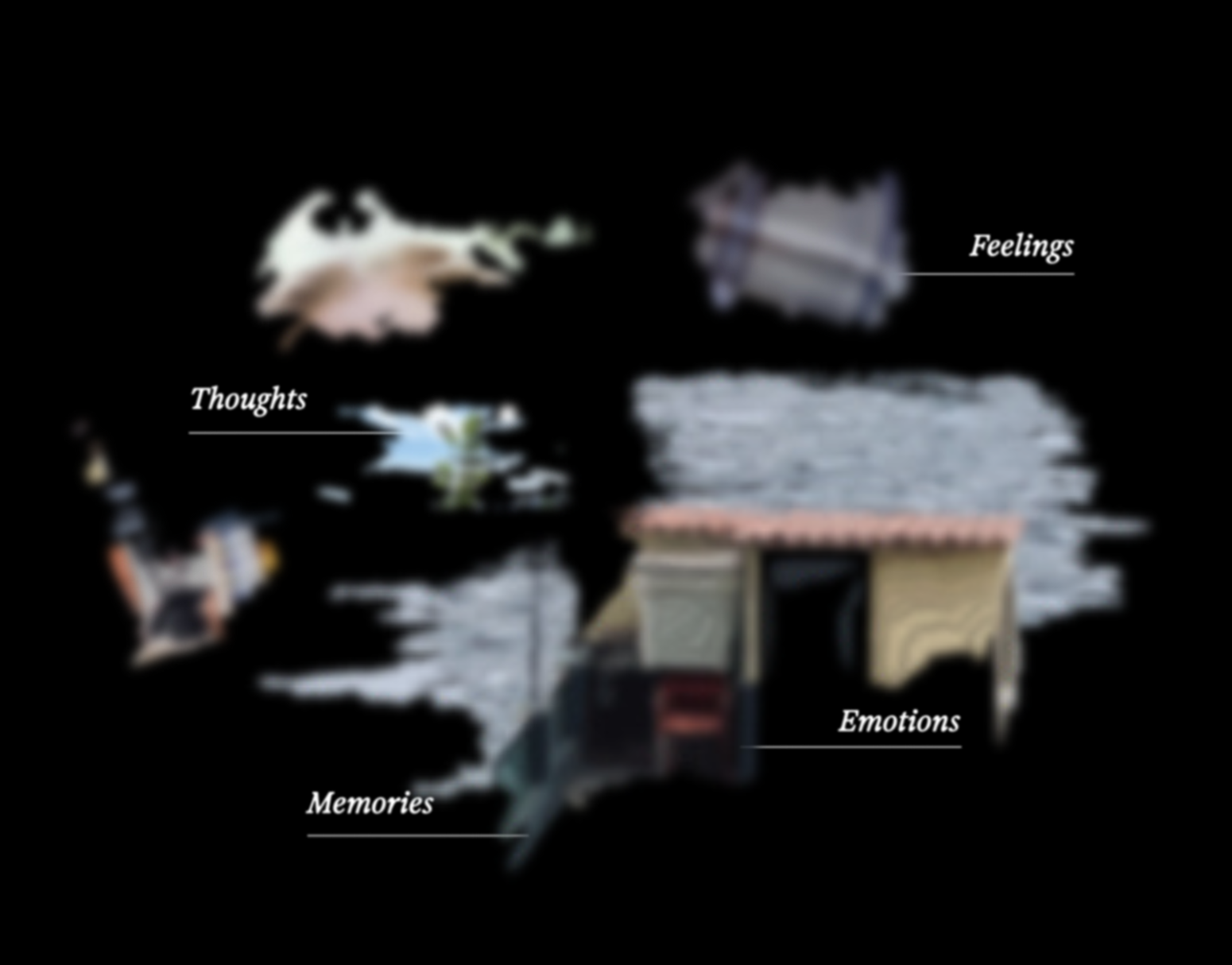
1. Memories collection
Memories are transformed into diverse experiences for remembrance and emotional release, including performances, games, sensory activities, parades, walks, and more. The register and user collaboratively decide the best commemorative method based on the analyzed memories, without strict rules.
2. Performance generation
When the user contacts the service, they provide the deceased’s identity card and relevant data. An AI system collects and analyzes data from the ID card, web, social networks, and the person who requested the service. Relevant information is extracted for representation.
3. Connection
Dear connects applicants with relevant strangers who share similar experiences, creating mutual benefit. Once the experience type is determined, compatible registered users are automatically invited to participate.

The experience
We have designed and prototyped a path to offer a one-way experience that addresses storytelling in an unconventional way, through multisensoryand digital experiences that could be lived individually.

Dear x Emma
Emma is a single mother who has tragically lost her teenage daughter, Asia, and is overwhelmed with grief and uncertainty. Seeking solace and a way to honor Asia’s life, Emma reaches out Dear.
Together with her family, they decide to embark on this emotional journey to remember Asia and find healing, cherishing her memory in a collective experience.





Try the experience.
Use headphones for a better experience.
“Black Mirror” highlights that while technology advances, human nature stays the same. Our creations, aimed at addressing fundamental needs like love and fear, cannot change our existential struggles or give life meaning. The show emphasizes that technology is not neutral, pain is necessary, and humanity must be valued as an end in itself.

In this phase, we examine how Martha grapples with grief through technology that simulates her deceased partner, Ash. This technology, which starts as email communication and evolves into a physical clone, offers the illusion of Ash’s presence but ultimately deepens Martha’s emotional struggle. The episode critiques the idea of using technology as a substitute for genuine human connection, highlighting the risks of dependency and the ethical concerns that arise when technology is used to prolong or avoid the pain of loss. The narrative underscores the importance of accepting grief and the limitations of technology in addressing profound human experiences.

After watching the Black Mirror episode, our group analyzed its key elements, focusing on pain points, target audience, and technology use. We then split into pairs to explore these themes from a “light” perspective. This process led to the concept of a theatre company that stages the memories of deceased individuals. By integrating data analysis with public performances, the aim is to transform grieving into a meaningful, shared experience, highlighting the beauty and moral significance of ordinary lives.

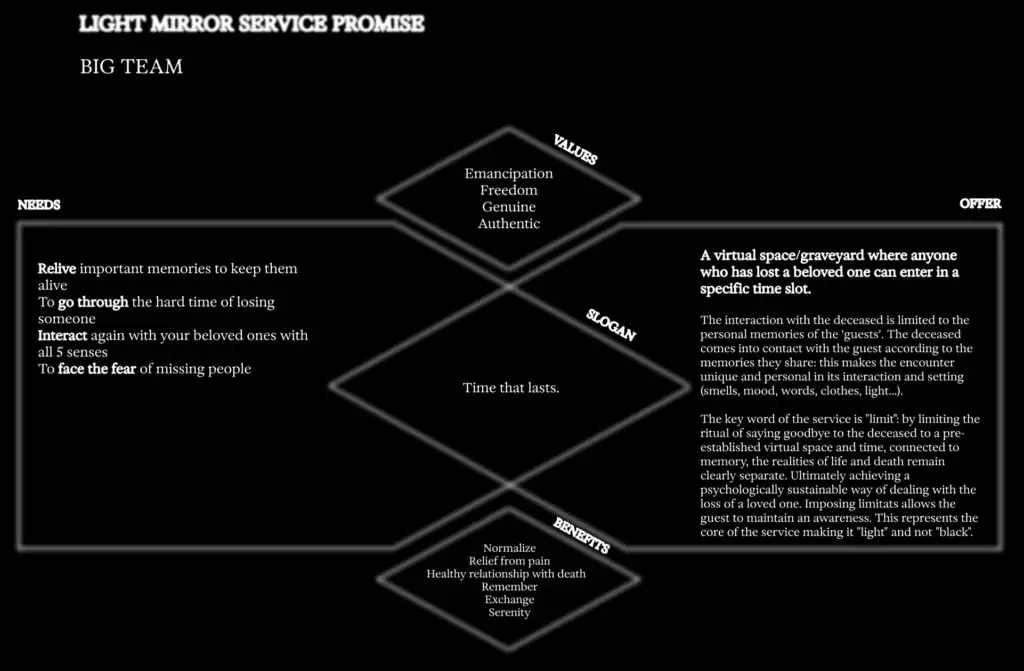
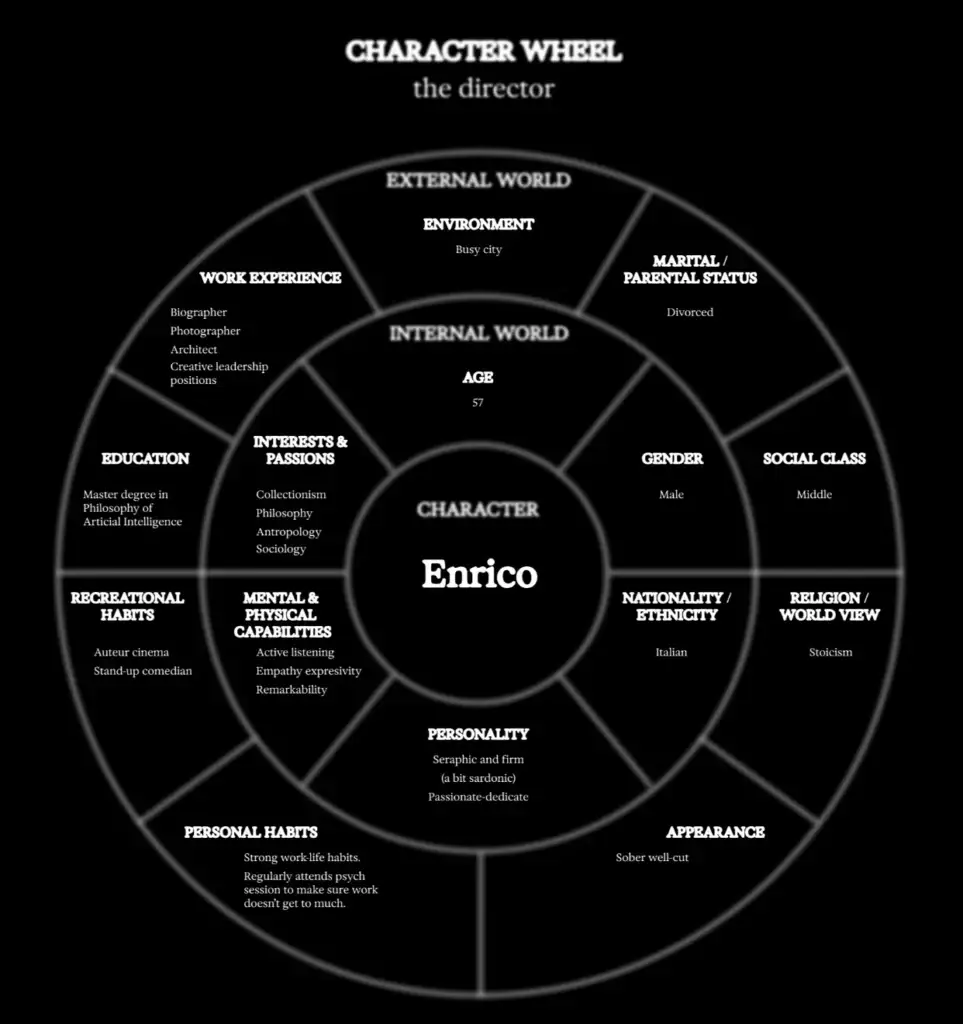
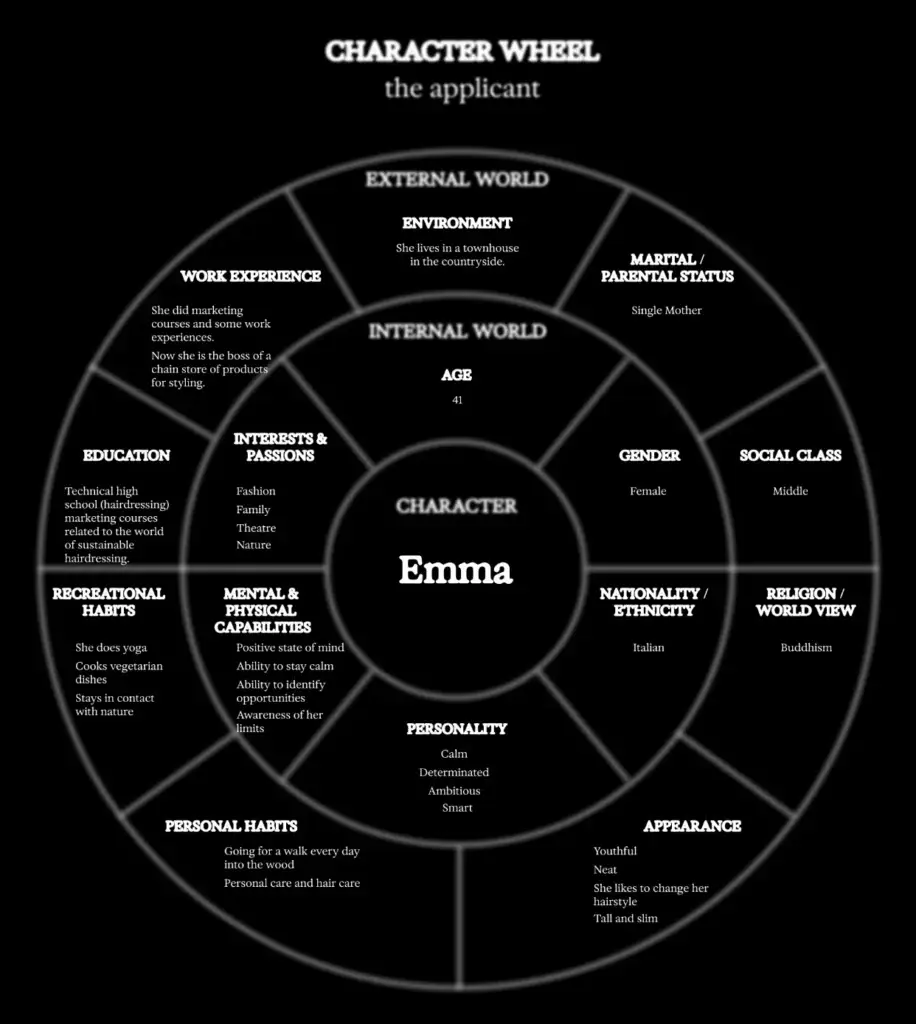
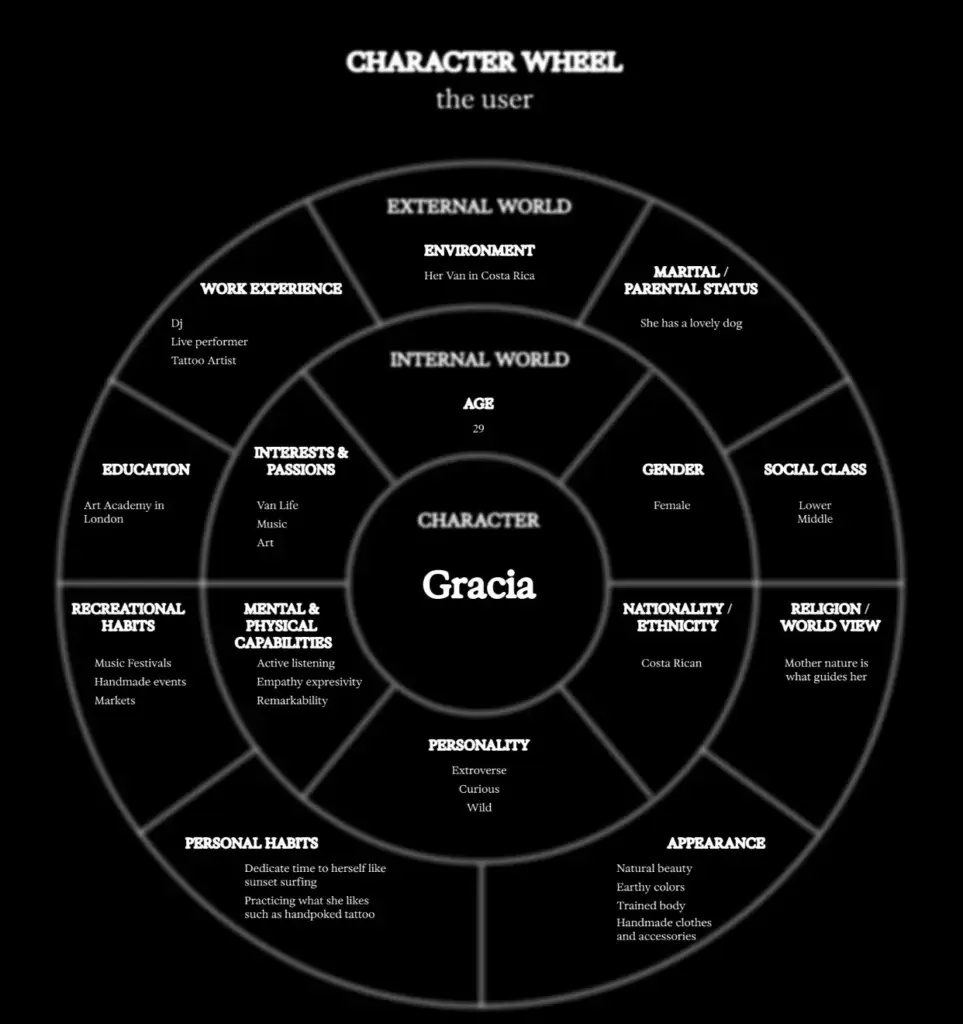
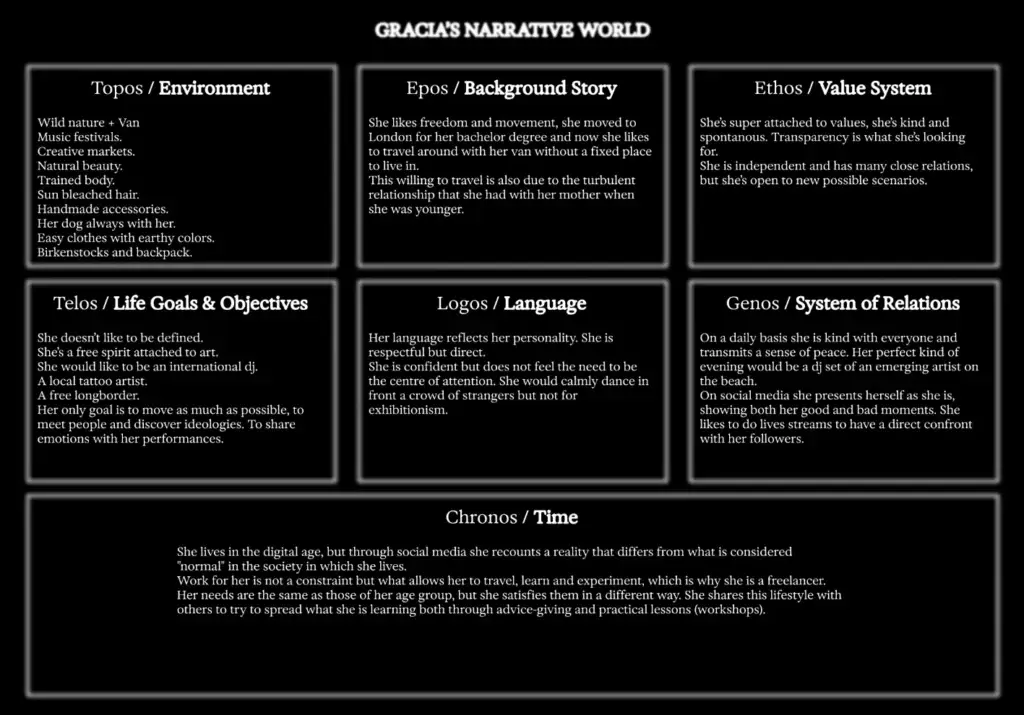
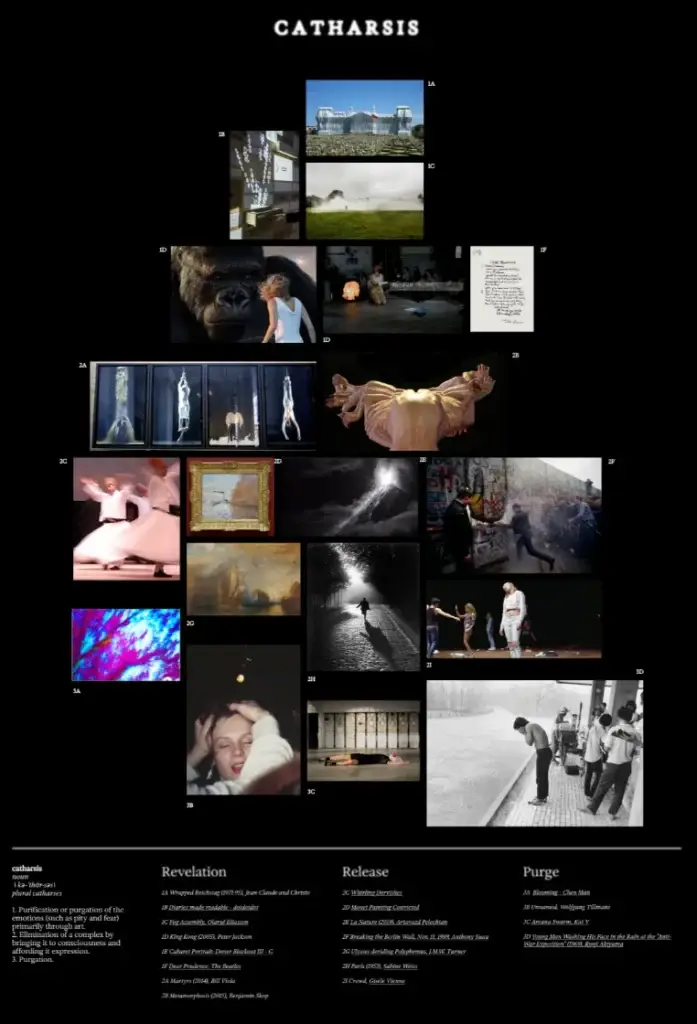
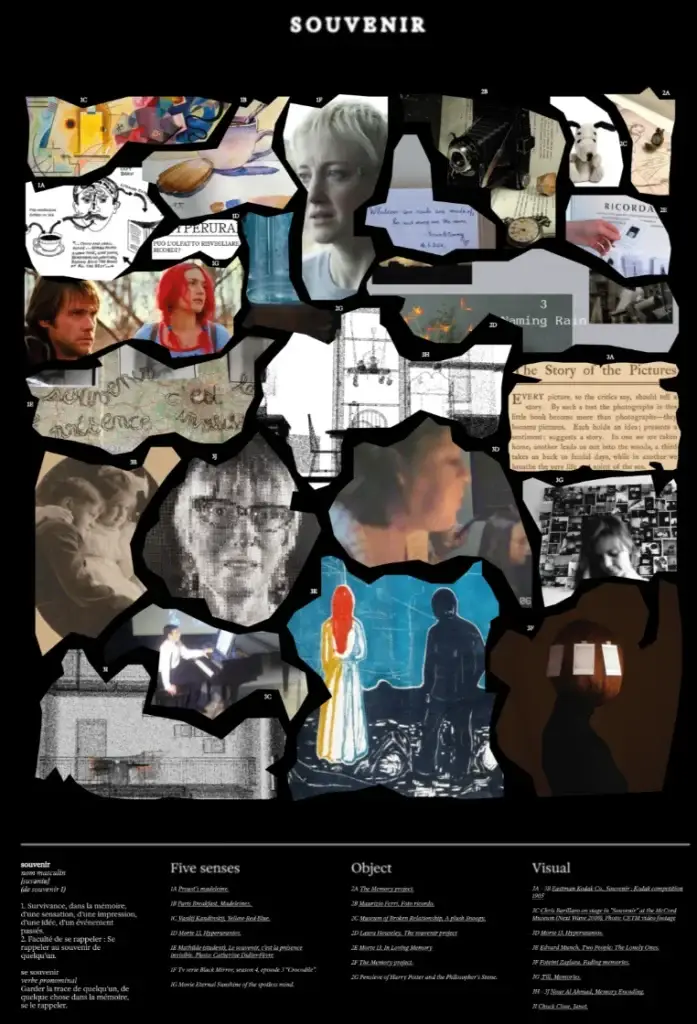
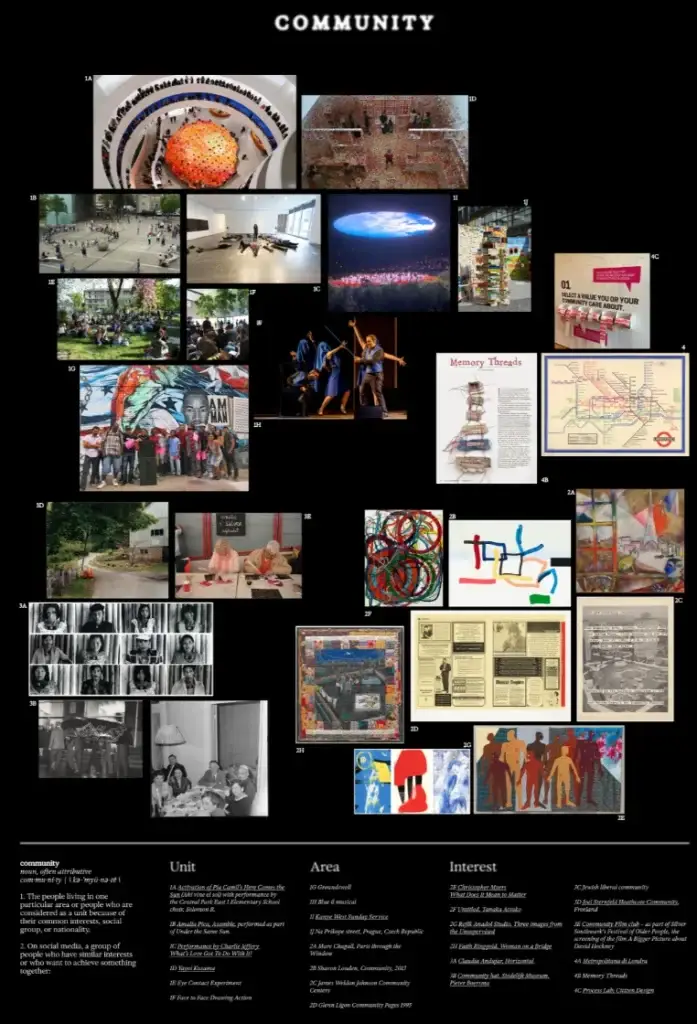
Looking for service maps?
Have a look at the project’s book.
